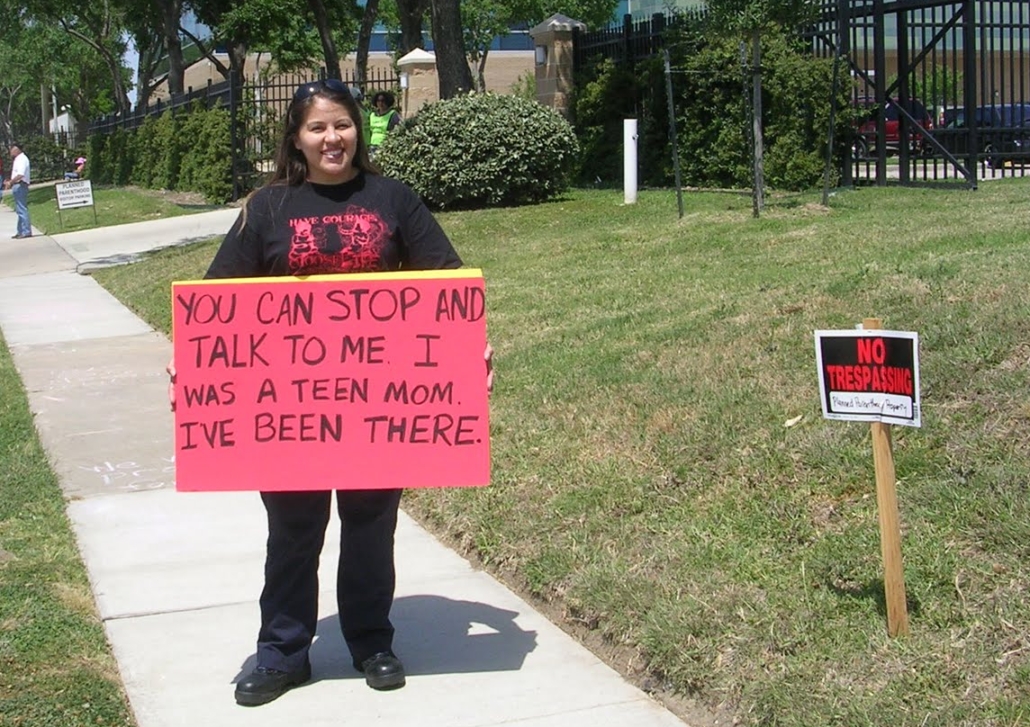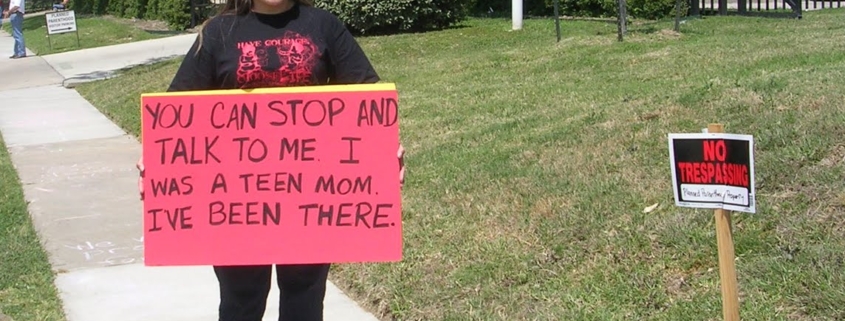Dobbs Gives a Second Pro-Life Win in a Footnote

As you have surely heard by now, the Supreme Court released its final opinion in Dobbs v. Jackson and officially overturned Roe v. Wade. The majority opinion held that abortion is not a constitutional right, allowing states to enact their own abortion legislation. Although this is not the end of the story—the pro-life movement will not rest until the right to life is recognized everywhere, at every age—Dobbs is a major milestone. Already, multiple states have prohibited elective abortion. In at least some parts of the country, for the first time since 1973, unborn babies can no longer be annihilated at will.
That’s the headline. But Dobbs gave another pro-life victory you might not have noticed So far, as far as I can tell, this secondary win has received zero news coverage.
Justice Alito’s majority opinion reviews five factors to consider when reversing cases: “the nature of their error, the quality of their reasoning, the workability of the rules they imposed on the country, their disruptive effect on other areas of the law, and the absence of concrete reliance.” In the section on the fourth factor, disruptive effect on other areas of law, Alito describes the “abortion distortion” well known in legal circles. This passage on page 63 is key:
The Court’s abortion cases have diluted the strict scrutiny standard for facial constitutional challenges. They have ignored the Court’s third-party standing doctrine. They have disregarded standard res judicata principles. They have flouted the ordinary rules on the severability of constitutional provisions, as well as the rule that statutes should be read where possible to avoid unconstitutionality. And they have distorted First Amendment doctrines.
(emphasis added)
The sentence “And they have distorted First Amendment doctrines” is followed by footnote 65, which cites Hill v. Colorado, an infamous 2000 Supreme Court case. Colorado legislators hostile to prenatal justice had enacted a “buffer zone” prohibiting peaceful distribution of pamphlets within 100 feet of abortion facilities. Successful sidewalk advocacy saves lives and deprives the abortion industry of revenue; the goal of buffer zones is to prevent sidewalk advocates from convincing mothers not to kill their babies. Hill upheld the Colorado law and denied freedom of speech for pro-life advocates on public sidewalks outside abortion centers.
The footnote is a serious black mark against Hill, and against buffer zones generally. Although Hill has not been formally reversed, a majority of the Supreme Court would clearly find sidewalk censorship unconstitutional today. No competent prosecutor will want to press buffer zone charges in light of Dobbs.
This free speech victory could not have come at a better time. The pro-abortion movement is making big plans to funnel pregnant mothers from pro-life states to pro-choice ones. They are bragging about funding travel expenses for out-of-state abortions. As abortion businesses become more geographically concentrated, pro-life sidewalk advocacy will be more important than ever—and blue state governors can’t shut us up now.




Leave a Reply
Want to join the discussion?Feel free to contribute!